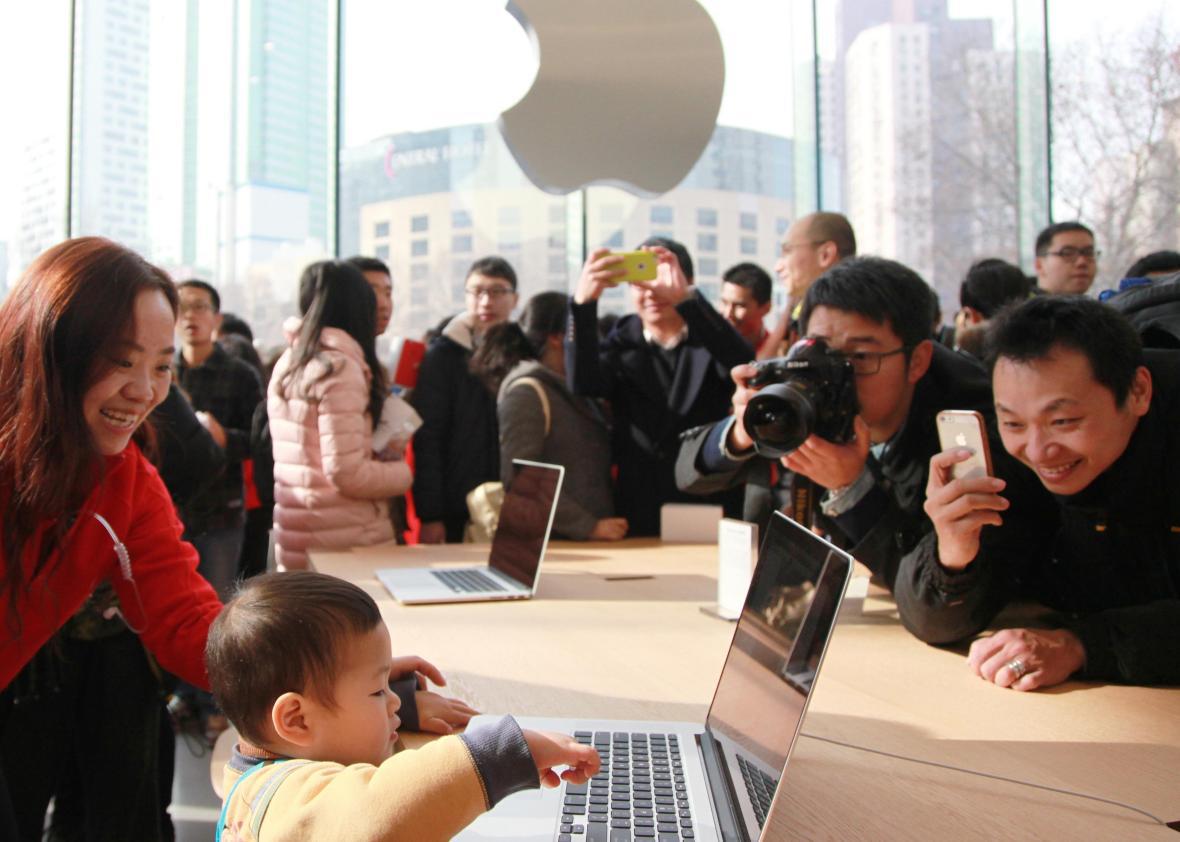China’s censors suddenly have a much easier job of keeping the country’s residents in line now that software designed to get around the country’s Internet restrictions vanished from Apple’s App Store. Apple removed all “virtual private network” (VPN) apps from its store in China over the weekend, handing a big boost to Beijing’s efforts to combat tools that help users get around what is known as the country’s “Great Firewall.” Although this is hardly the first time that China has targeted VPN providers, it does mark the first time Apple has complied with a request to remove software made by foreign companies from its store.
ExpressVPN, one of the companies affected, posted an email it received from Apple saying its app was taken down from the China App Store “because it includes content that is illegal” in that country. “We’re disappointed in this development, as it represents the most drastic measure the Chinese government has taken to block the use of VPNs to date, and we are troubled to see Apple aiding China’s censorship efforts,” the company said in a statement. “ExpressVPN strongly condemns these measures, which threaten free speech and civil liberties.”
Golden Frog, another company that saw its software vanish from the App Store in China also criticized Apple for the move. “We view access to internet in China as a human rights issue, and I would expect Apple to value human rights over profits,” Sunday Yokubaitis, the company’s president, said. Edward Snowden, the former NSA contractor, also criticized the move, writing that making it easier for Chinese censors to do their jobs “recalls corporate collaboration with the apartheid regime.”
Apple confirmed the removal of the apps, saying it is merely following the law. “Earlier this year China’s ministry of industry and information technology announced that all developers offering VPNs must obtain a license from the government,” Apple said. “We have been required to remove some VPN apps in China that do not meet the new regulations. These apps remain available in all other markets where they do business.”
Some, however, say Apple will face unwanted consequences at home for the way in which it seems to have so easily given in to Chinese censors. “Apple has clearly decided to put its business before the interests of the population, opposition leaders and activists,” writes Mike Butcher at TechCrunch. And that suddenly means it has less power to stand up to censors elsewhere. Butcher explains:
How will Apple now argue against the Trump administration effectively, after cow-towing to China in this fashion?
When next Apple must face-off with this intransigent White House over criminality or terrorism attacks at home, any protestations they make will be empty after their capitulation in China.
There is really only one way out: Apple should have stood its ground.
…
In sticking to its principles, Apple would have been able to hold its head high in the US and globally. It could have maintained its brand values amongst its devoted user-base around the world.
